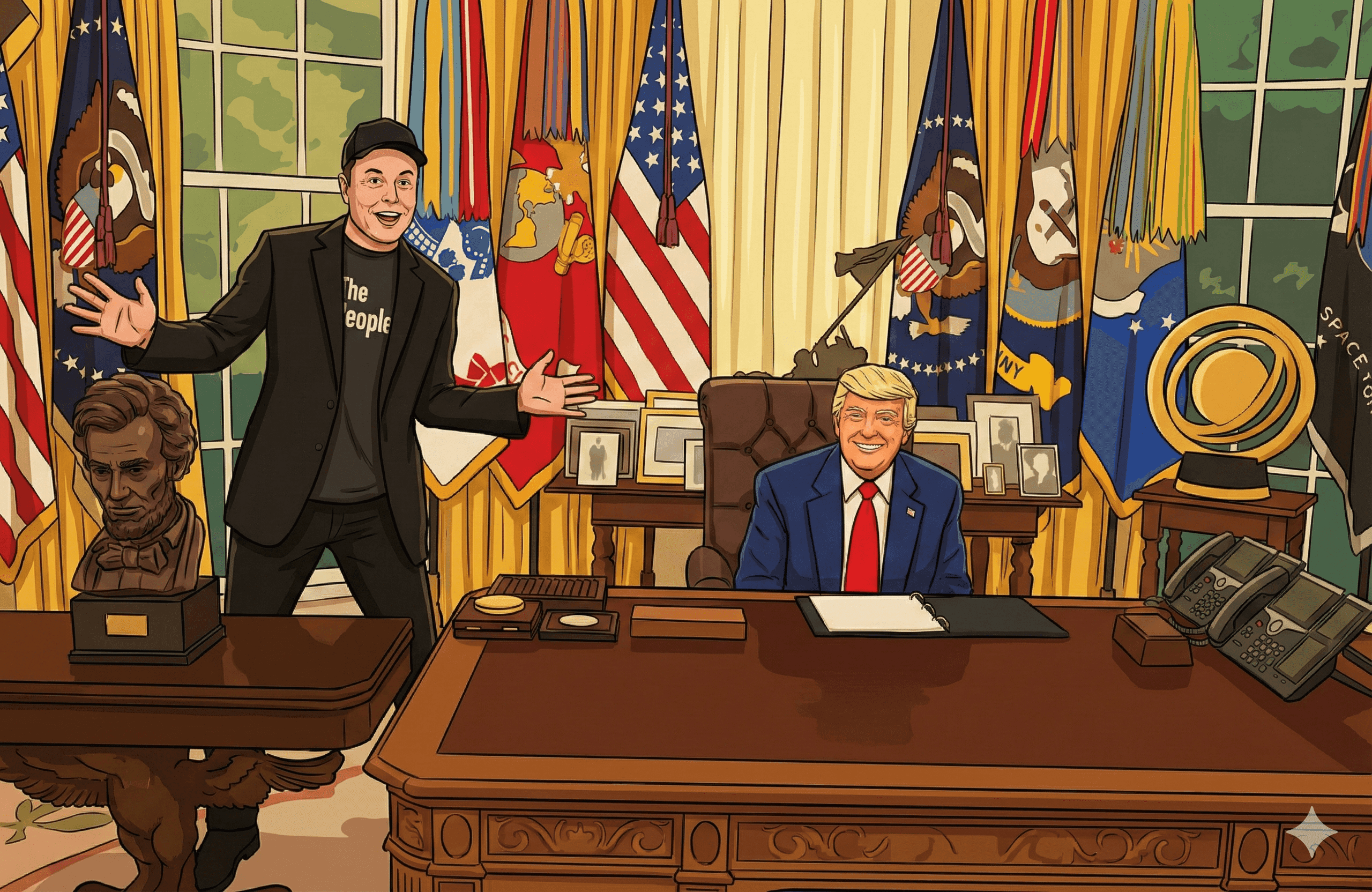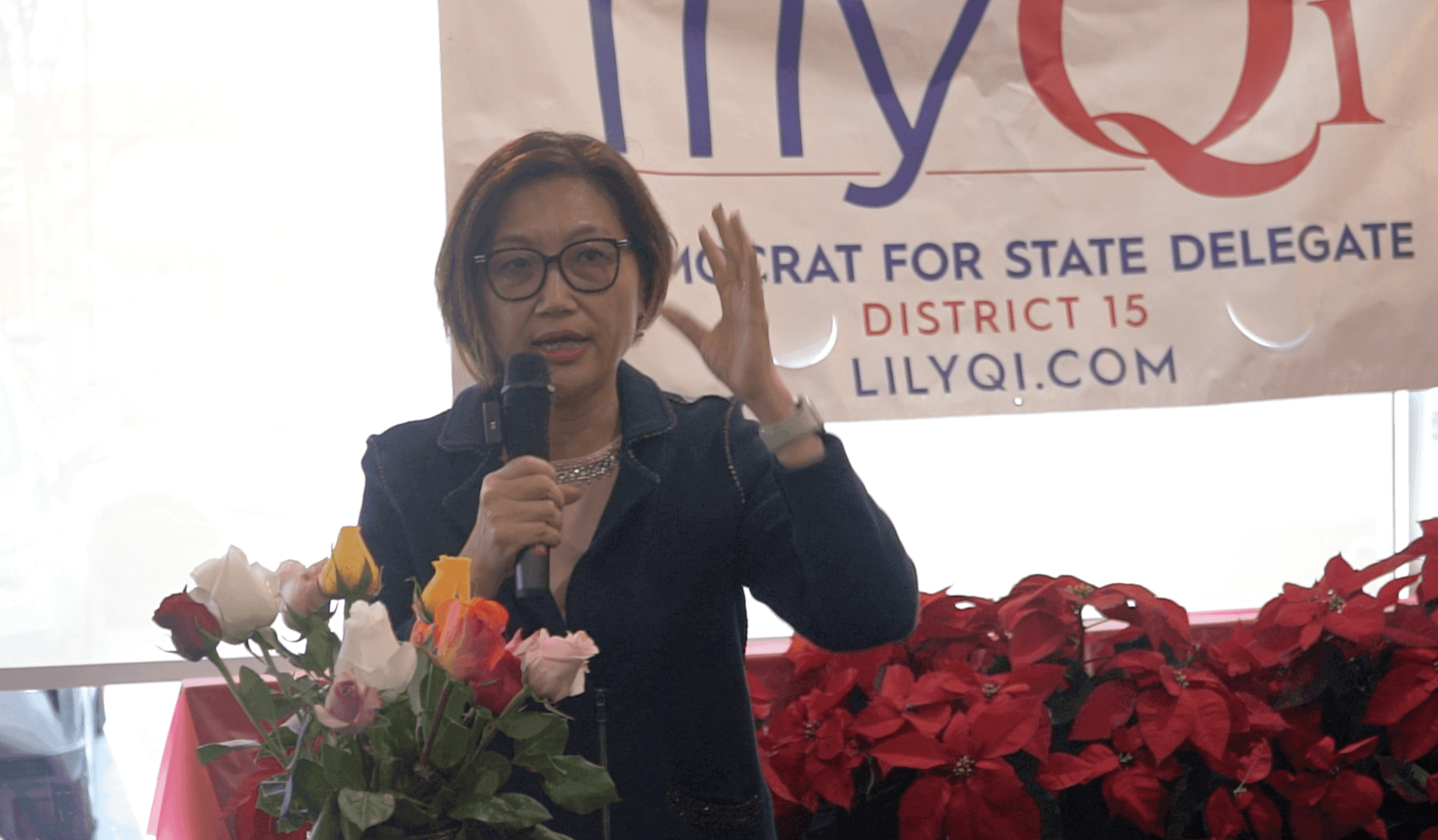Asian American Communities Fight Back as Development Threatens Historic Chinatowns
Asian American communities in cities like Philadelphia, Washington, and New York are now pushing back against displacement as large-scale development projects threaten their historic Chinatowns.
In Philadelphia, residents and activists are pushing back against a $1.3 billion sports arena proposed next to Chinatown, fearing gentrification, rising rents, and the potential erasure of their neighborhood. Meanwhile, in the nation's capital, tenants of Museum Square are battling their landlord, Bush Companies, which has allowed over 75% of the building’s affordable housing units to remain vacant while refusing offers to sell to developers committed to preserving affordable housing. In New York, Asian Americans are protesting the building of another homeless shelter in their community despite six shelters having been built in the area.
Facing the threat of displacement, Asian Americans are making demands to protect their neighborhoods. In Philadelphia, residents are urging a pause on the arena project to prioritize community input, while tenants at Museum Square seek the preservation of affordable housing. In New York, protests against a planned homeless shelter escalated following the arrest of a city council member during a demonstration. As protests intensified, residents are increasingly recognizing the need for strong Asian American leadership in local government to protect their neighborhoods and cultural heritage.
“This is the latest in a long line of attempts by our city government as well as private developers to destroy parts of Chinatown in order to build something that doesn’t make sense, and certainly our communities don’t want and don’t need,” said Mohan Seshadri, the executive director at Asian Pacific Islander Political Alliance (API PA) in Philadelphia.
According to Seshadri, 95% of Chinatown residents are united in opposition to the arena proposal. More than 30,000 residents have signed the petition, and over 250 organizations and small businesses have come out against the project.
A protest poster is seen on a wall in Chinatown calls for a rally at City Hall on September 7, 2024, urging residents to oppose the construction of an arena in the neighborhood. (Photo by: Yiqing Wang)
Xu Lin, a Philadelphia Chinatown resident for over ten years, had concerns about the proposed arena project. As the owner of a sushi restaurant, Lin is not only responsible for running his business but also for caring for his two children and ten extended family members. If the arena is built, he fears he will be forced to relocate, uprooting both his business and his family.
“It’s our lives. It’s our survival. My kids are young, and I want Chinatown to be there for them – the way Chinatown is here for me,” Lin said.
In Washington, residents are facing similar challenges. As a direct result of the development of the Capital One Arena, Washington’s Chinatown only has about 300 Chinese and Asian American residents and 15 small Asian businesses left behind.
According to Cassie He, a volunteer at Save Chinatown Sodality Network DC, most Chinatown residents are elderly or low-income. As rising property values and rents threaten their ability to stay, moving out means the loss of affordable housing for many Chinatown residents. Moreover, most residents are elderly and unable to move on their own, making relocation particularly difficult and putting their stability at risk.
“Neighborhoods are destroyed. Cultures are destroyed. It’s sad,” He said.
He has been speaking with Philadelphia residents about the arena plan. She noted that Philadelphians often point to the capital’s Chinatown “as an example of failure” when unchecked development leads to the erosion of a once-thriving community.
Despite the challenge, communities are seeing growing demands for stronger Asian American leadership to safeguard their communities. A city poll conducted by API PA shows that 47% of voters are less likely to vote for a candidate who supports the arena bill.
A bilingual poster named "Our Chinatown" is displayed on the wall in front of a restaurant. (Photo by: Yiqing Wang)
“Every community we were in, every neighborhood we were in, there was widespread opposition to the arena and a staunch willingness to vote for candidates who were going to fight the arena,” Seshadri said.
API PA has been supporting City Council candidates like Nina Ahmad, who became the first South Asian American immigrant to serve on the Council. Ahmad has been actively fighting against the arena bill, according to Seshadri.
In response to growing concerns about the proposed arena bill, the Philadelphia City Council has negotiated a compensation plan to address the potential displacement of the community. The plan includes a $50 million Community Benefits Agreement designed to support surrounding neighborhoods and invest in education and economic opportunities across the city. In addition, an Economic Opportunity Plan would create “over 1,000 construction and operations jobs” that will ensure local hiring and contracting opportunities for residents and businesses.
The land, formerly a Greyhound station, is now slated for the construction of the arena. (Photo by: Yiqing Wang)
Compensation plans for residents in New York and Washington remain unclear as protests over displacement intensify. City Hall is moving forward with plans to add more homeless shelters in Chinatown, including one at 91 East Broadway, in an area already home to six shelters within a half-mile radius. While two of the proposed shelters have been canceled, the remaining project is sparking backlash from residents who argue that adding more shelters won’t solve homelessness without broader safety measures and services.
“We continue to seek high-quality proposals from not-for-profit social service providers to operate high-quality transitional housing facilities, which will help us ensure shelters are more equitably distributed across the five boroughs,” said a spokesperson at the Department of Social Service in a statement.
Lin said he is frustrated and angry over the 76ers’ compensation plan, noting that the cost of building a restaurant the size of his would now approach $1 million due to rising labor and material expenses. He pointed out that the $50 million promised by the 76ers over 30 years averages less than $2 million annually, which is inadequate to cover the potential losses for the more than 200 businesses in Chinatown.
“This is just insulting,” Lin said.
Lin also referenced the 76ers' poor track record with similar promises, citing their training facility in Camden. Despite assurances of creating over 200 jobs for local residents, only 13 positions were actually filled by members of the community.
A community meeting hosted by the Philadelphia Chinatown Development Corporation and the Washington Square West Civic Association(WSWCA) on Wednesday drew nearly 100 attendees. During the meeting, Katie Low, a WSWCA board member, announced that the organization will meet with Council Member Mark Squilla on Oct. 21 to discuss the community’s concerns about the proposed arena bill.
In Washington, two major campaigns backed up by Save Chinatown Solidarity Network DC are underway. Residents are urging Bush Companies to sell the Museum Square property to an affordable housing developer and advocating for protections for small businesses facing displacement due to the new hotel development.
He noted that she has been in contact with several City Council members to clarify jurisdiction over Museum Square. Tenants have also been building connections with task forces, community representatives and the mayor's office.
“We want our voices. We know our voices, but we want the residents' voices and small businesses' voices to be heard,” He said.





